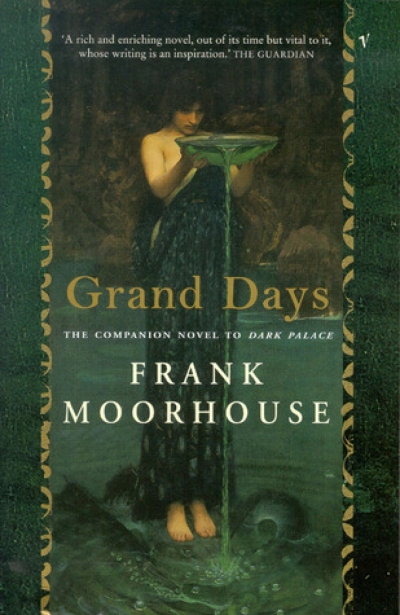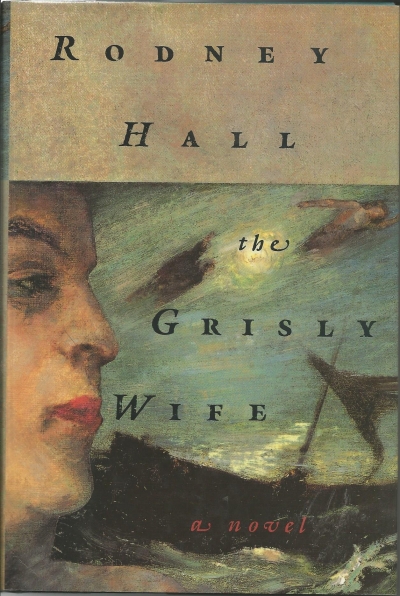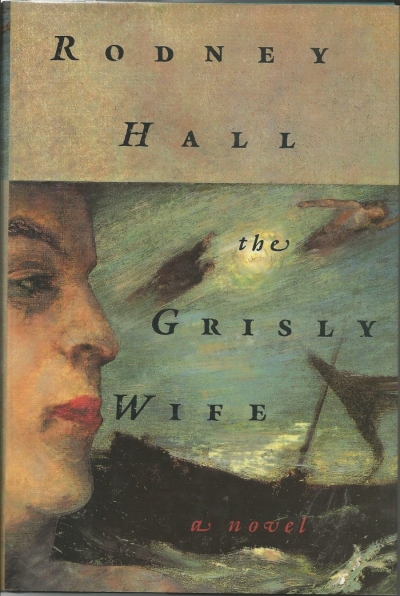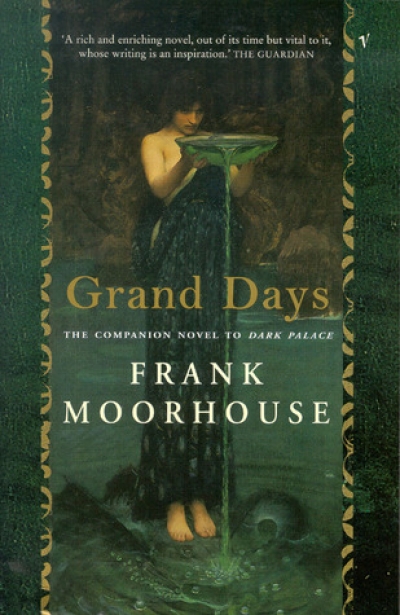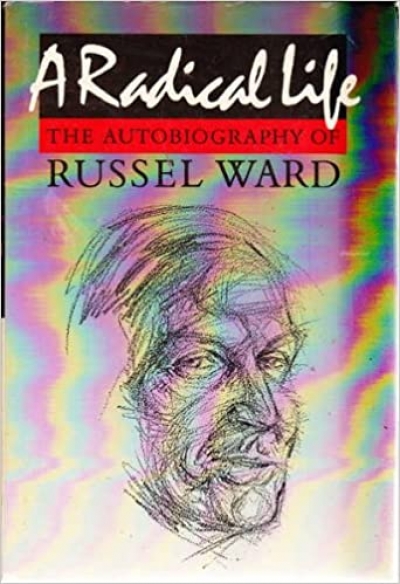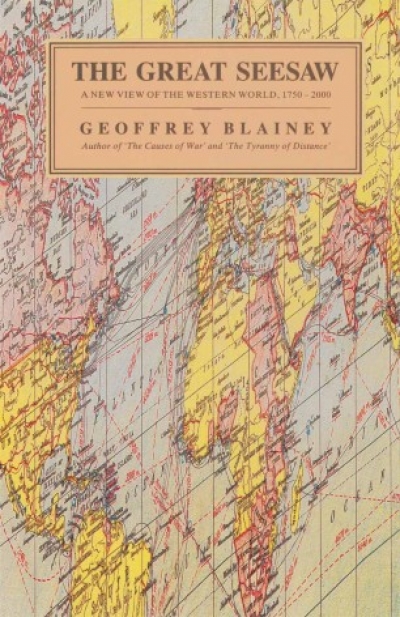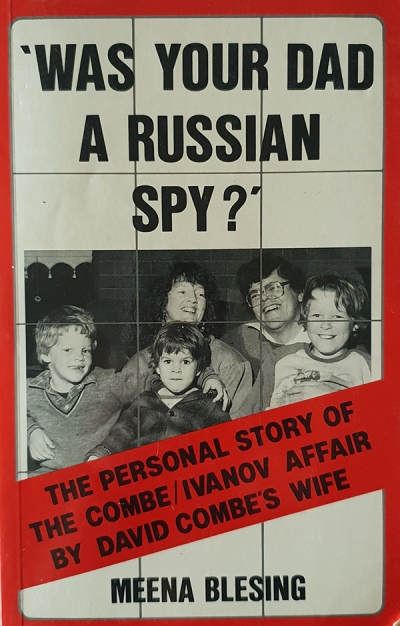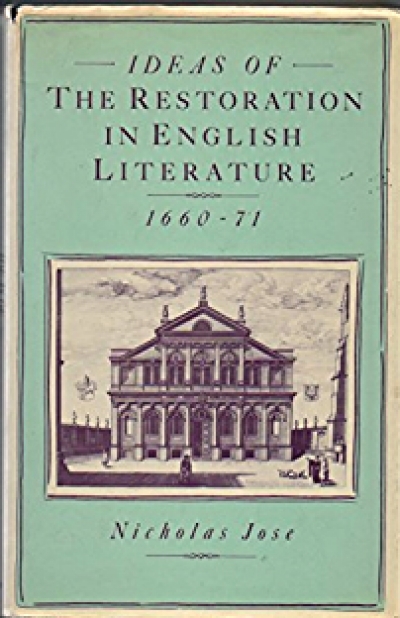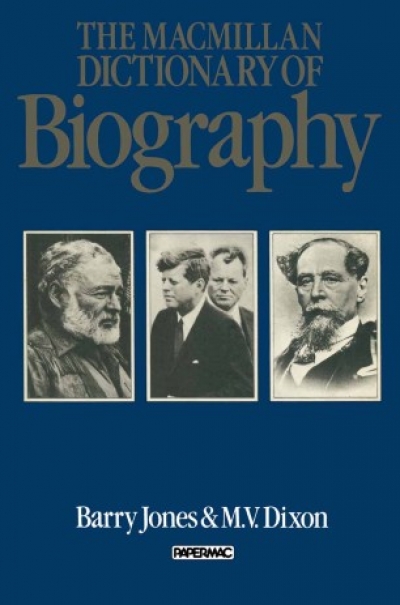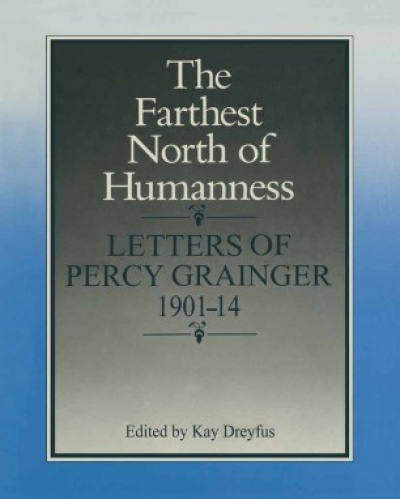Macmillan
A Radical Life: The autobiography of Russel Ward by Russel Ward
by Humphrey McQueen •
The Great Seesaw: A new view of the Western world 1750–2000 by Geoffrey Blainey
by G.C. Bolton •
Was Your Dad A Russian Spy?: The personal story of the Combe/Ivanov Affair by David Combe’s wife by Meena Blesing
by Bronwen Levy •
Ideas of The Restoration In English Literature, 1660–71 by Nicholas Jose
by Evan Jones •
The Macmillan Dictionary of Biography by Barry Jones and M.V. Dixon
by Kevin Childs •
The Farthest North of Humanness: Letters of Percy Grainger edited by Kay Dreyfus
by Jim Davidson •

